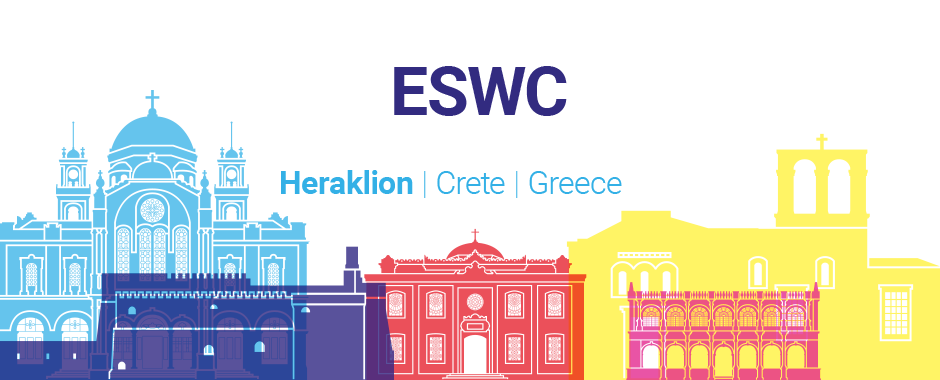Modularity in OWL

Abstract: The semantic web ontology language OWL is widely used in a range of applications, and supported by a broad range of tools, including editors, IDEs, APIs, and reasoners. Engineering ontologies (e.g., building, re-using, maintaining) remains, however, a complex task – and modularity is an obvious mechanism to make this task more manageable. In this talk, I will try to give an overview of work in this area. Firstly, we consider the task of extracting, from one ontology, a small/suitable fragment that captures a given topic (usually described in terms of its signature). The question of suitability versus size here is interesting, and has given rise to different notions of modules and their properties and algorithms for their extraction. Secondly, it would be extremely useful if we could “modularize” a large ontology into suitable coherent fragments (OWL has an “imports” construct that supports some kind of modular working with an ontology). Thirdly, if we have such a nice, modular ontology, how can a group of domain experts work independently on these without undesired side effects. Fourth and finally, we will briefly talk about whether/which form of modularity can be used and how to optimize reasoning.
Bio: Uli Sattler is a Professor of Computer science in the Department of Computer Science at the University of Manchester. Together with colleagues, she designed the SROIQ family of Description Logics underlying OWL, as well as (sound, complete, and terminating) reasoning algorithms for these logics. More recently, she has investigated and designed solutions for a range of ’non-standard’ reasoning problems relevant for ontology engineering, e.g., module extraction, decomposition, explanation, and terminology induction. She is also one of the authors of the textbook “An Introduction to Description Logic”.
Share on
